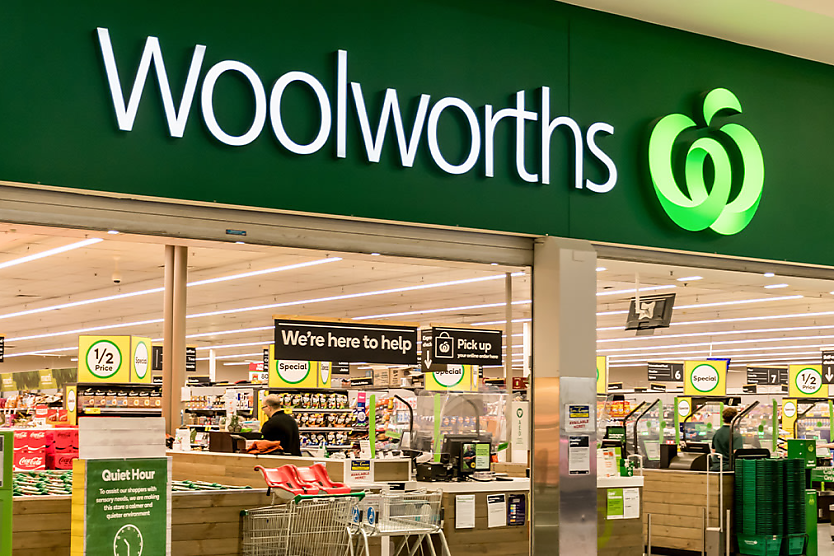
Woolworths warehouse employees have now been striking for better working conditions for two weeks. With hostility among consumers towards the supermarket giant growing, Woollies has asked the FWC for a lifeline.
The federal government has come down hard on both the Woolworths and the United Workers United (UWU) to resolve the ongoing worker strikes that have officially gone on for two weeks as of today, resulting in losses of $50 million.
On 21 November, 1,500 warehouse workers across three distribution centres in Victoria and one in NSW walked off the job, striking for improved working conditions, safety, pay, and equity.
In terms of the desired wage increases, the union is aiming for a $38 an hour wage target, which is intended to standardise pay rates for workers across four differing sheds, instead of having different pay rates for different work sites. After a decade of wage stagnation, cost-of-living crisis and the massive profits of the supermarket giant, many have argued that the request is reasonable.
Another major centrepiece of the strike is the recently introduced AI “framework”, which the UWU has described as a high-risk management approach to pushing workers to operate faster, undermining safety and wellbeing.
The oppressive “framework” system of performance management has introduced a demanding surveillance software that is constantly monitoring workers, resulting in disciplinary consequences for those who fail to maintain a 100 per cent pick rate.
“Woolworths must scrap its so-called ‘framework’ once and for all in one of the most dangerous industries for workers in Australia,” said UWU national secretary Tim Kennedy.
“Workers have reported feeling pressured to cut corners and work unsafely or lose their job if they don’t pick at higher speeds. Woolworths must prioritise the safety and wellbeing of workers above all else.”
The loss of sales for Woolworths over this period has been immense at an estimated $50 million. Paired with the ongoing pressure from consumers who are complaining about missing items from the grocery shelves, Woollies has opted to file an application to the Fair Work Commission as a Hail Mary to put an end to the strike.
The application claims that the workers involved in the strike are blocking entrances, claiming that “the UWU refused to give any assurance of safe passage for team members seeking to return to work at our Melbourne South Regional Distribution Centre (MSRDC) yesterday and this morning”.
Woollies claims that this is a breach of the good faith bargaining requirements in the Fair Work Act.
Anthony Forsyth, workplace law professor at RMIT University, spoke to HR Leader about the ongoing strikes and how this application may fare.
“The Woolworths dispute is delicately poised at present. UWU and the company are coming under some pressure from the federal government to resolve the dispute, as the supply issues create more empty shelves and impact consumers.
“Woolworths’ application to the Fair Work Commission is apparently aimed at having the picket line at the south-east Melbourne DC lifted, so replacement workers can fill in for striking warehouse workers. The argument seems to allege that the union’s conduct breaches its good faith bargaining obligations. There have been one or two cases where employers have succeeded in such an argument, but those cases may differ from the circumstances here.
“Meanwhile, the parties are still holding talks to attempt to resolve the dispute. It seems to me that the resolve of the union members is strong, and they are determined to hold out until an acceptable agreement is reached – not only on wages but also on Woolworths modifying or removing its oppressive performance management framework,” said Forsyth.
As anger among consumers grows, Woolworths should be wanting to bring a deal to the table that appeases the union as soon as possible, especially with the Christmas period right around the corner.
“No one wants to see bare supermarket shelves in the lead-up to Christmas. Woolworths can fix this by coming back to the table and negotiating a fair agreement,” said Kennedy.
RELATED TERMS
Industrial relations is the management and evaluation of the interactions between employers, workers, and representative organisations like unions.
Kace O'Neill
Kace O'Neill is a Graduate Journalist for HR Leader. Kace studied Media Communications and Maori studies at the University of Otago, he has a passion for sports and storytelling.










